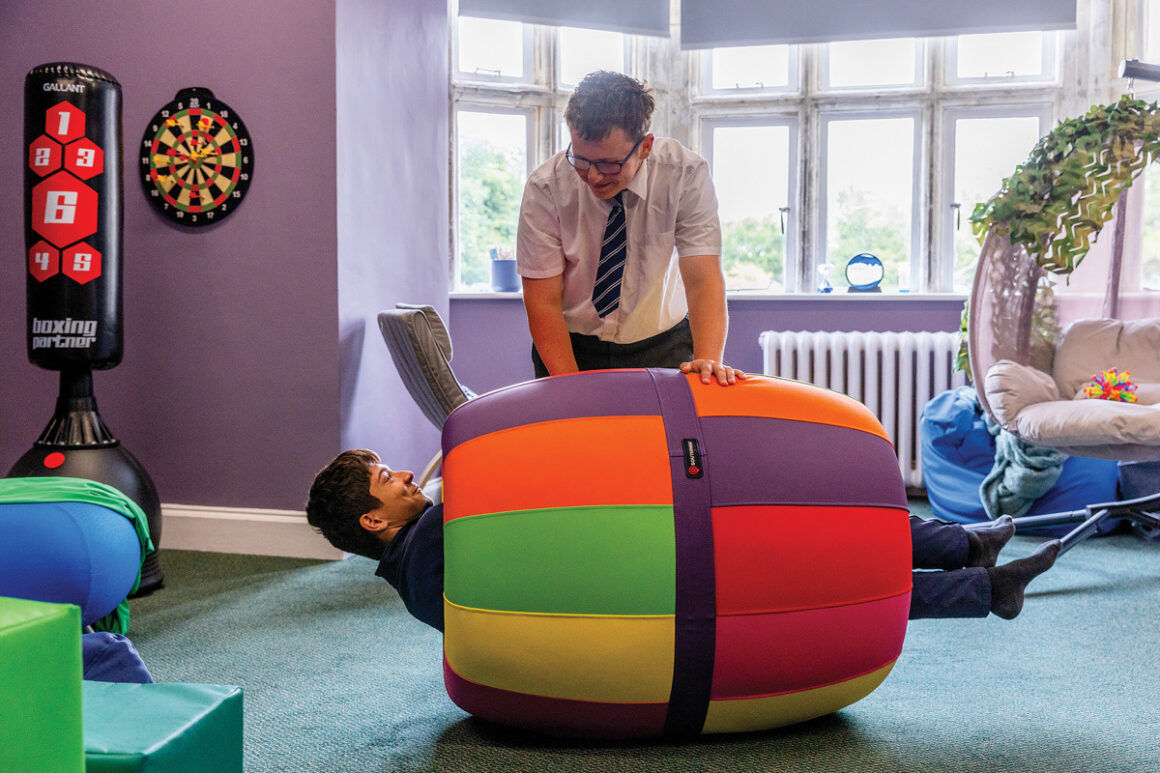Slindon College
In recent years, the increase in diagnoses of neurodevelopmental disorders, such as autism and ADHD, has highlighted the urgent need for more inclusive educational settings. Many state schools struggle to accommodate these students adequately, often leading to overcrowded classrooms and insufficient resources. In response, independent specialist schools are broadening their offerings, collaborating with local authorities, and working alongside mainstream schools to create a more inclusive educational landscape.
Slindon College has an extensive and successful history in supporting many local authorities in their endeavours to meet children’s needs. At Slindon College we recognise the pressing need for collaboration. By sharing our expertise and offering individualised learning, we can help state schools better support their students with SEN. Our goal is to create a seamless transition for these children, ensuring they receive the best possible education tailored to their needs.
In addition to the above, Slindon College is expanding its physical provisions. We have extended our provision to include pupils from YR4 and we have created extra small group teaching places in order to meet the increasing demand of specialist placements nationally. By opening our doors to more children, we’re not only alleviating pressure on the system but also enriching our own community.
The collaborative approach adopted by specialist independent schools is also paving the way for tailored learning programs. Many institutions, Slindon College being one of them, are developing bespoke curricula that align with the needs of neurodivergent children. These programs often incorporate sensory-friendly spaces, individualised learning plans, and therapies that cater to varying learning styles. Slindon College offers a variety of different academic and/or vocational pathways, in-house Occupational and Speech and Language therapy and a variety of different regulation spaces all of which focus on capitalising on our pupils’ strengths, abilities and interests whilst looking after their mental health and wellbeing.
However, the journey is not without its challenges. Funding remains a significant barrier, as many families struggle to secure EHCP’s and most importantly find a suitable school which can meet their child’s needs. Advocacy for increased government support is crucial to ensure that these initiatives can continue to flourish.
As the landscape of education evolves, the partnership between independent, mainstream schools and Local Authorities represent a beacon of hope for the future. By working together, we can create an inclusive environment where every child, regardless of their learning needs, has the opportunity to succeed. The commitment shown by such special schools not only addresses the immediate shortfall of places but also sets a precedent for a more inclusive educational framework across the nation.


